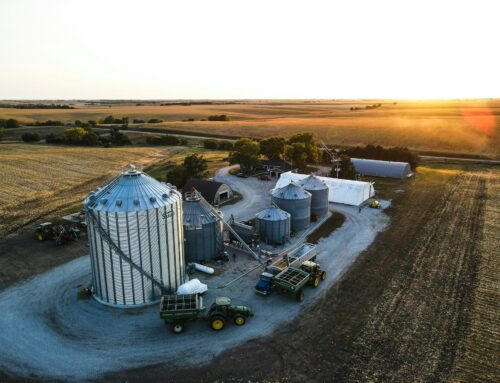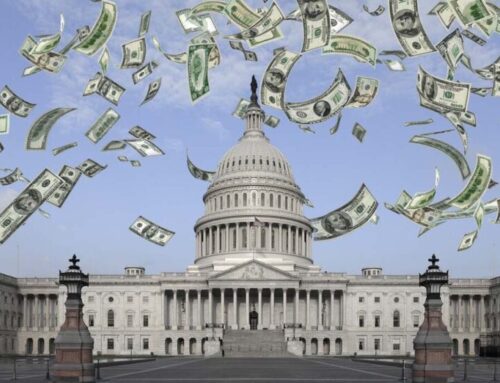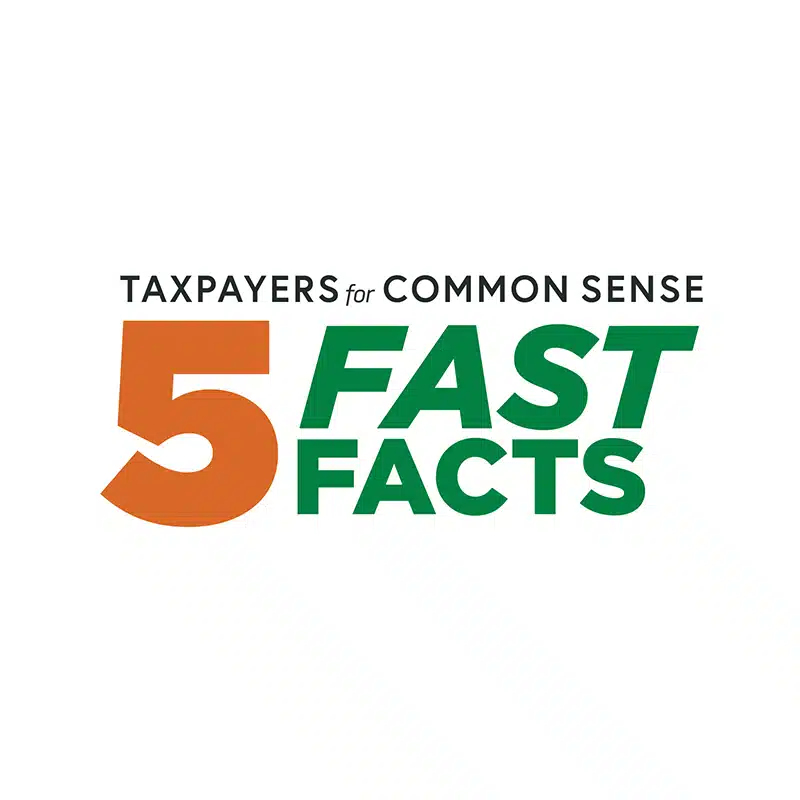Washington’s Farm Policy is a nearly trillion dollar tangle of agriculture subsidies, welfare payments and environmental patronage. There is tremendous need for reform. Current subsidy programs are rooted in the 1930s, when prices for crops and livestock bottomed out and farm families were desperate for income. Agriculture today could not be more different. Farmers are pulling in record-high levels of income and carrying record-low levels of debt. Technology has eliminated many of the risks that once plagued farming, and the profitability of crops that go without subsidies demonstrates independent agriculture is viable in the 21st Century. There is no way to justify continuing to give tens of billions of dollars to the farm industry.
Farm Policy: The “Terrible Twelve”
(That actually relate to farming)
1. Direct Payments. Taxpayers are lavishing billions of dollars on successful farm enterprises whether or not the farm is actually growing the crops for which they are receiving the subsidies or growing any crop at all. Contact: Diane Katz diane.katz at heritage.org and Fran Smith fbsmith at cei.org
2. Federal Crop Insurance. In 2012 taxpayers spent more than $14 billion subsidizing agriculture businesses buying crop insurance (and thus subsidizing insurance companies) for everything from almonds to oysters. Contact: Andrew Moylan amoylan@rstreet.org and Josh Sewell josh at taxpayer.net
3. Shallow Loss Programs. A new open-ended income program will put taxpayers on the hook for guaranteeing record prices. This shallow loss coverage would cost taxpayers billions of dollars and potentially violate World Trade Organization rules. Contact: Josh Sewell Josh at taxpayer.net and Andrew Moylan amoylan at rstreet.org
4. USDA Trade Promotion Programs. Taxpayers spend some $200 million annually to support advertising campaigns that benefit large corporate enterprises and agricultural special interests. Contact: Leslie Paige lpaige at cagw.org
5. Sugar Program. A small number of sugar producers receive enormous benefits, while the costs are spread across the U.S. economy, harming consumers, taxpayers, and the sweetener-using industries. Contact: Fran Smith fbsmith at cei.org
6. Dairy Market Stabilization Plan (DMSP). The DMSP would impose government controls and regulations on the nation’s milk supply, penalize farmers for exceeding government milk production “quotas,” artificially inflate the price of dairy products for families and drive the cost of federal food programs higher. Contact: Leslie Paige lpaige at cagw.org
7. Target Prices. Government-set price targets—about 40% higher than the previous farm bill and in many cases higher than record levels seen between 2005 and 2010—would expose taxpayers to billions in payments if crop prices dip slightly. Contact: Josh Sewell josh at taxpayer.net
8. Rural Broadband. The Rural Utilities Service Broadband Loan Program is a classic example of waste and market distortion. In addition to the cost, in many areas, the practice of guaranteeing loans serves to undercut existing private-sector investment. Contact: David Williams davidwilliams at protectingtaxpayers.org and James Valvo jvalvo at afphq.org
9. Mandatory Assessments. Mandatory assessments on farmers to promote commodities cost consumers and skirt constitutional provisions that only Congress has the power to tax. The program also violates basic principles of free speech, forcing some producers to pay to communicate messages against their will. Contact: Diane Katz Diane.Katz at heritage.org
10. Cotton Program. Federal subsidies for domestic cotton are so high, they violate international trade rules. To keep Brazil from enacting retaliatory tariffs which would hurt American consumers, taxpayers send a $147.3 million check to the Brazilian Cotton Institute every year. Contact: James Valvo jvalvo at afphq.org
11. Ethanol. The Feedstock Flexibility Program is the definition of cronyism. With taxpayer dollars, the federal government buys up subsidized surplus sugar and sells it at a loss to ethanol makers. Contact: Fran Smith fbsmith at cei.org
12. Biomass. Since 2008, the Biomass Crop Assistance Program (BCAP) has proven to be a failure. Even though this wasteful, market-distorting program is replete with loopholes and is not currently funded, it would be revived by the draft farm bill. Contact: Josh Sewell Josh at taxpayer.net












Get Social